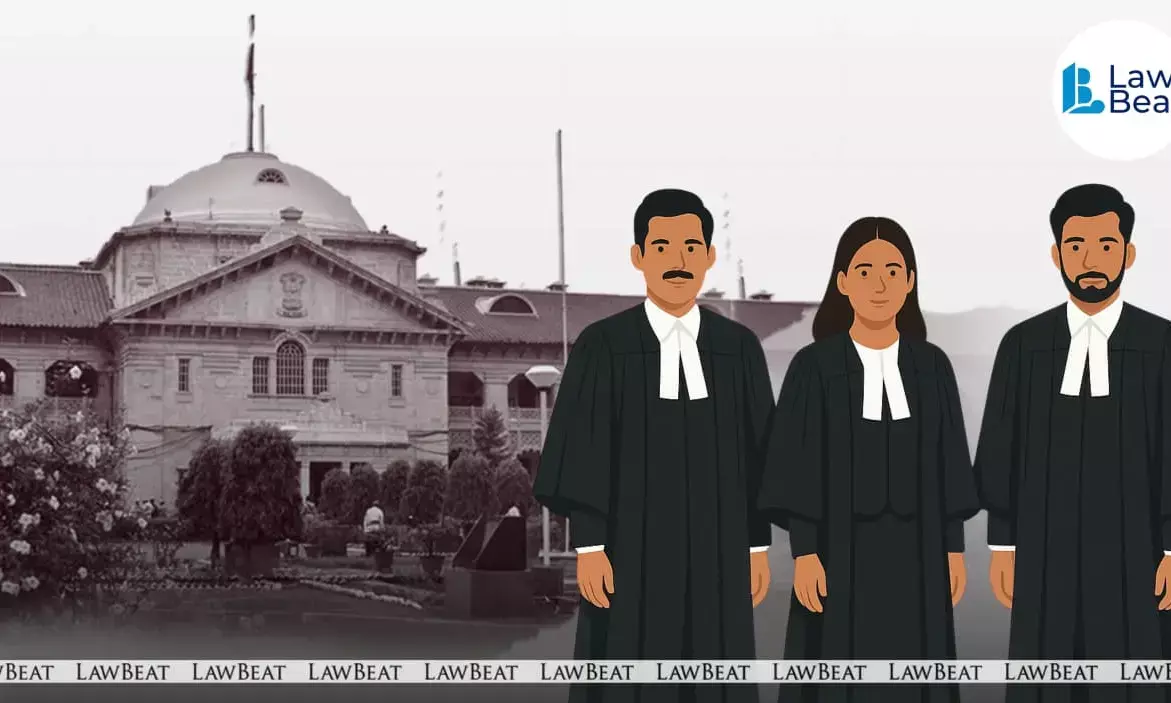Allahabad HC Flags Nepotism in Government Counsel Appointments, Calls for Fair Chances to Young Lawyers

In a strongly worded order, the Allahabad High Court has come down heavily on the Uttar Pradesh State Road Transport Corporation (UPSRTC) for perpetuating what it described as an “entitlement culture” in the appointment of its standing counsels, often at the cost of merit and professional competence.
Justice Ajay Bhanot, hearing the writ petition Jubeda Begum and Another v. UPSRTC and Another, observed that government corporations routinely overlooked young, first-generation lawyers with integrity and ability, while preferring candidates backed by political or familial influence. This culture, the court remarked, had severely compromised the quality of legal representation for State instrumentalities.
The petition itself arose from alleged non-compliance with a previous court order. Upon enquiry, UPSRTC admitted that the lapse occurred due to professional negligence and incompetence of its counsels before the Labour Court. Action against the erring advocates has since been initiated.
Justice Bhanot underlined that the success of lawyers is hard-earned through years of industry and scholarship, but the system has been skewed in favour of those with inherited advantages. “Modes of appointment of counsels which accord weight to accidents of inheritance and neglect achievements of merit cannot be countenanced in State corporations,” the judge held.
Court relied on the landmark 1991 Supreme Court ruling in Kumari Shrilekha Vidyarthi v. State of U.P., which mandated a transparent and fair procedure in the appointment of State counsels. That principle, Justice Bhanot noted, applies equally to government corporations like the UPSRTC.
The order also recalled similar concerns raised in Gaurav Jain v. State of U.P. (2021), where the High Court criticized the practice of appointed counsels failing to appear themselves and instead sending juniors or acquaintances, amounting to abdication of responsibility.
Justice Bhanot expressed concern that such a spoils system not only discourages competent young lawyers but also weakens the justice delivery system itself. “The unjust nature of the system has serious adverse consequences on governance by law. The justice delivery system becomes weak and unable to serve justice to the common citizens due to systemic deficiencies,” the order warned.
Court stressed for corrective measures, stating that State authorities must uphold fairness and the rule of law by ensuring independent, merit-based selection. It suggested that officials of the Corporation should regularly observe court proceedings incognito to assess competence and integrity of potential counsels. A rigorous system of checks and balances should then guide the appointments.
"A system which adopts transparent procedures, promotes merit and gives a fair look in to young first generation lawyers while appointing counsels to represent UPSRTC in Courts has to be devised by the Corporation," court said.
Appearing in person, UPSRTC Managing Director Masoom Ali Sarvar assured the court that the Corporation would “make all endeavours” to ensure the best talent from the Bar is considered. He further undertook to develop a transparent process that would also give deserving young lawyers an opportunity to represent UPSRTC in courts.
Taking the same on record, the High Court ordered that the UPSRTC Board must convene a meeting before the next date of hearing to finalise a scheme for transparent appointments. The scheme is to be placed before the court on September 22, 2025. The Managing Director was also directed to file an affidavit, along with the Corporation’s counter affidavit, ahead of the next listing.
Case Title: Smt. Jubeda Begum And Another vs. U.P. State Road Transport And Another
Order Date: August 4, 2025
Bench: Justice Ajay Bhanot
